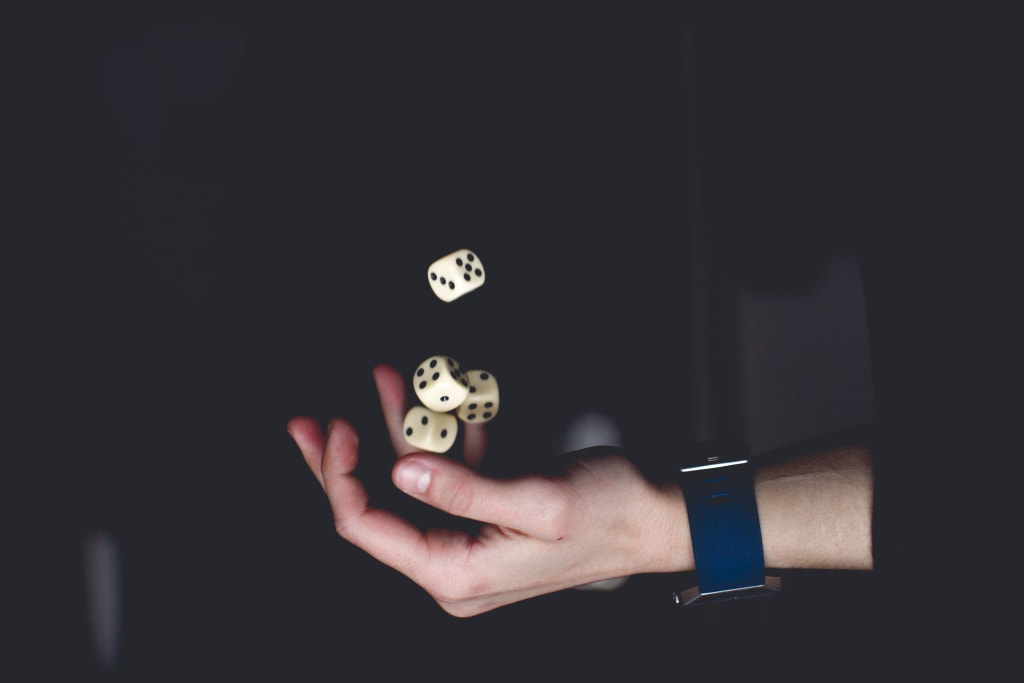The Science Behind Luck: Exploring the Role of Chance in Our Lives
Impress luck

Introduction
Luck is often thought of as a random and unpredictable force that influences the outcomes of our lives. Some people believe that luck is the result of supernatural powers, while others believe that it is simply a matter of chance. However, recent research in psychology and neuroscience suggests that luck may be more of a psychological construct than a supernatural one. In this article, we will explore the science behind luck and how it affects our lives.
Luck is a term that is often used to describe an unexpected or fortuitous event that occurs without any apparent cause or explanation. However, there are different ways to define luck. Some people see luck as a chance event that has a positive outcome, while others view it as a negative event that has a fortunate outcome. The concept of luck can also be related to individual beliefs and cultural norms.
The Psychology of Luck
The psychology of luck is a complex field that involves various factors such as personality traits, cognitive biases, and behavioral patterns. Research has shown that people who are optimistic and open to new experiences are more likely to experience good luck. They tend to have a positive attitude and look for opportunities in situations that others may see as obstacles.
On the other hand, people who are pessimistic and have a negative outlook on life are less likely to experience good luck. They may perceive situations as more challenging and feel that they have less control over their lives. This can lead to a self-fulfilling prophecy, where their negative thoughts and attitudes influence their behavior and ultimately shape their outcomes.
Cognitive biases also play a role in the psychology of luck. For example, the confirmation bias can cause people to look for evidence that supports their beliefs and ignore evidence that contradicts them. This can lead to a biased perception of reality and affect the way people interpret events as either lucky or unlucky.
The Role of Chance in Luck
While psychology plays a significant role in luck, chance is also an essential component. Chance events are random and unpredictable, and they can have a significant impact on our lives. For example, winning the lottery or getting struck by lightning are both chance events that can drastically change a person's life.
However, chance events are not entirely random. They are subject to probabilities and statistics, and they can be influenced by factors such as environmental conditions and human behavior. Understanding the probabilities and statistics of chance events can help people make more informed decisions and improve their chances of success.
The Neuroscience of Luck
Recent research in neuroscience has shed new light on the science behind luck. Studies have shown that luck is associated with the brain's reward system, which is responsible for regulating feelings of pleasure and satisfaction. When we experience good luck, our brain releases dopamine, a neurotransmitter that plays a key role in the reward system.
However, the brain's reward system can also be influenced by external factors such as stress and anxiety. When we are under stress, our brain releases cortisol, a hormone that can interfere with the reward system and reduce our ability to experience pleasure and satisfaction. This can lead to a negative cycle where stress and anxiety reduce our ability to experience good luck and ultimately shape our outcomes.
Impress luck to your side-
Be proactive: Take action and make things happen. Luck often favors those who are willing to put in the effort and take risks.
Stay positive: A positive attitude can help you stay motivated and focused on your goals, even when things get challenging.
Keep learning: Continuously acquire knowledge and develop new skills. This can increase your opportunities and make you more adaptable to changing circumstances.
Network: Connect with others in your field and build relationships. This can lead to new opportunities and collaborations.
Be grateful: Acknowledge and appreciate the good things in your life. A grateful attitude can attract positive energy and help you feel more content and fulfilled.
Conclusion
Luck is a complex phenomenon that is influenced by various psychological, cognitive, and neurological factors. While chance plays a significant role in luck, our attitudes, beliefs, and behaviors can also impact our outcomes. By understanding the science behind luck, we can improve our chances of success and lead more fulfilling lives. Whether luck is a matter of chance or a psychological construct, it is clear that it plays a significant role in our lives and can have a profound impact on our happiness and well-being.






Comments
There are no comments for this story
Be the first to respond and start the conversation.